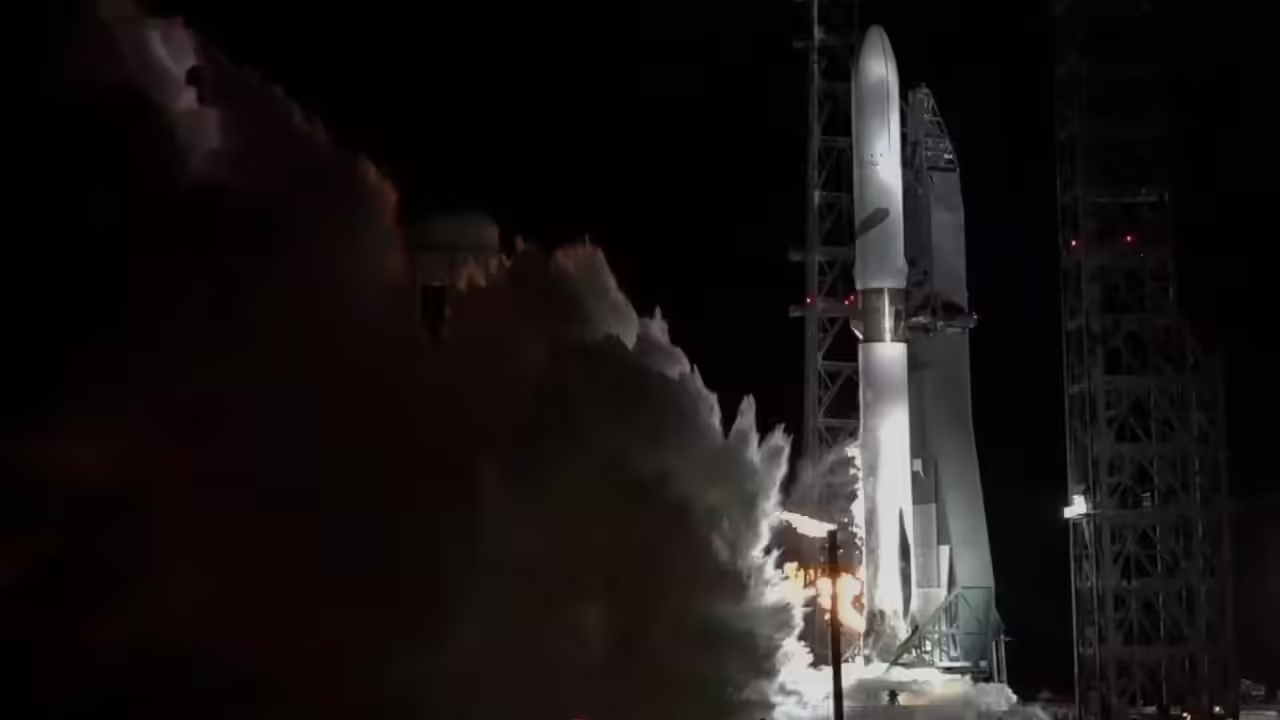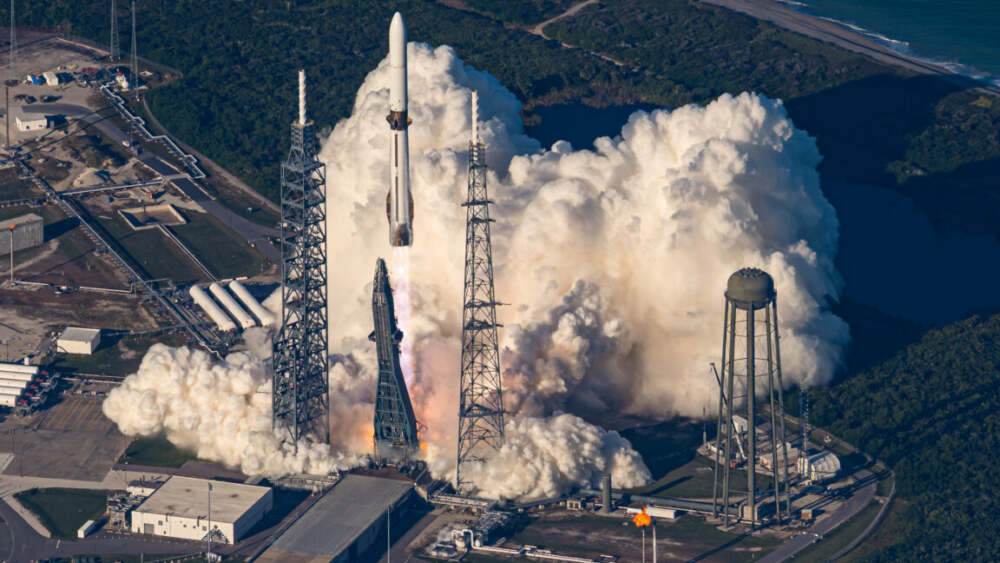Blue Origin has postponed the launch of its New Glenn heavy-lift rocket, which is scheduled to carry NASA’s twin Mars probes under the ESCAPADE mission. Originally set for early November 2025, the launch has now been moved to November 12 due to a combination of adverse weather conditions and regulatory considerations.
Mission Overview
The ESCAPADE (Escape and Plasma Acceleration and Dynamics Explorers) mission represents NASA’s next step in studying Mars’s atmosphere and magnetosphere. The twin probes aim to examine how solar wind and space weather strip particles from Mars’s atmosphere, shedding light on the planet’s long-term climate evolution.
This launch is particularly significant for Blue Origin as it marks one of the first missions where New Glenn will carry deep-space science payloads while also attempting a booster recovery, a key component of the company’s reusable-rocket ambitions.
Reasons for the Delay
- Weather Concerns: Cloud formations and unstable conditions around the Cape Canaveral launch site created safety risks that made fueling and launch procedures unsafe. The delay allows time for optimal weather windows.
- Regulatory Coordination: Ongoing FAA requirements and staffing constraints associated with air-traffic control and federal oversight required Blue Origin to seek clearance for a revised launch window. Coordination between NASA, the FAA, and the launch team was essential to ensure compliance with safety protocols.
Importance of the Mission
- For NASA: ESCAPADE fills a gap in Mars orbital research, offering insights into atmospheric loss and magnetospheric interactions that have implications for planetary evolution and future exploration.
- For Blue Origin: The mission demonstrates the capabilities of the New Glenn rocket, including high-stakes booster recovery and the potential for commercial deep-space payload delivery.
- For the Space Industry: The delay highlights the sensitivity of interplanetary missions to weather, regulatory oversight, and precise timing, especially given Mars transfer windows.
Looking Ahead
The next launch attempt is scheduled for November 12, with the timing contingent on weather, sea conditions for booster recovery, and final regulatory approvals. Successful deployment of the ESCAPADE probes will enable them to begin their journey toward Mars, where they are expected to enter orbit in 2027 and commence scientific observations.
This launch will be closely watched, both for its contributions to Mars science and as a milestone in the development of commercial spaceflight infrastructure capable of supporting deep-space missions.
















Leave a Reply